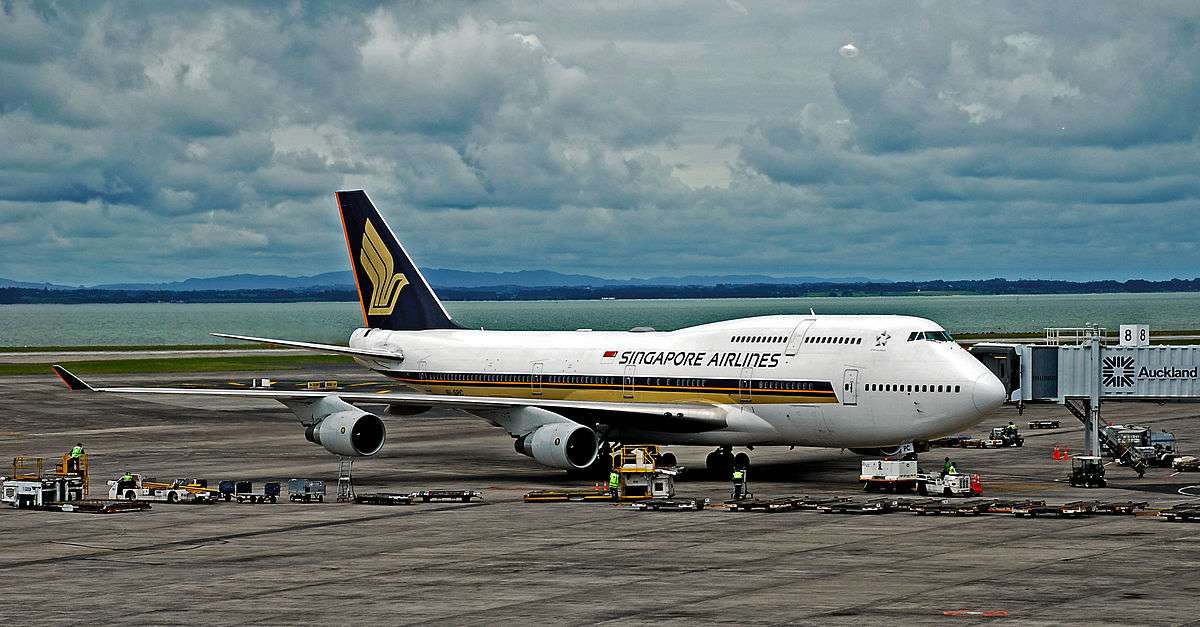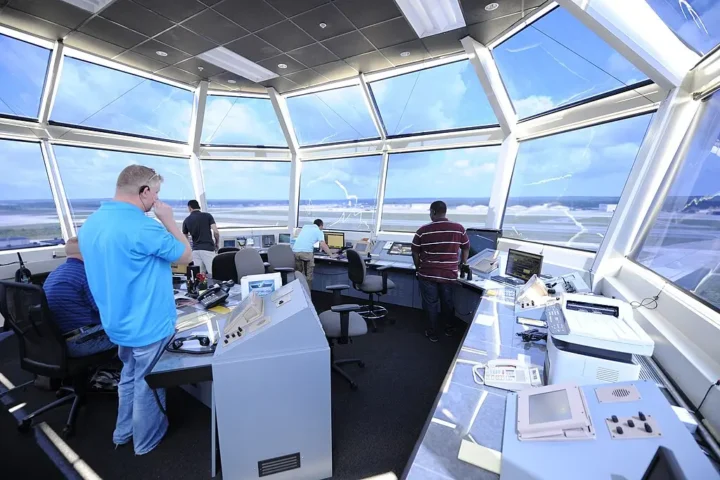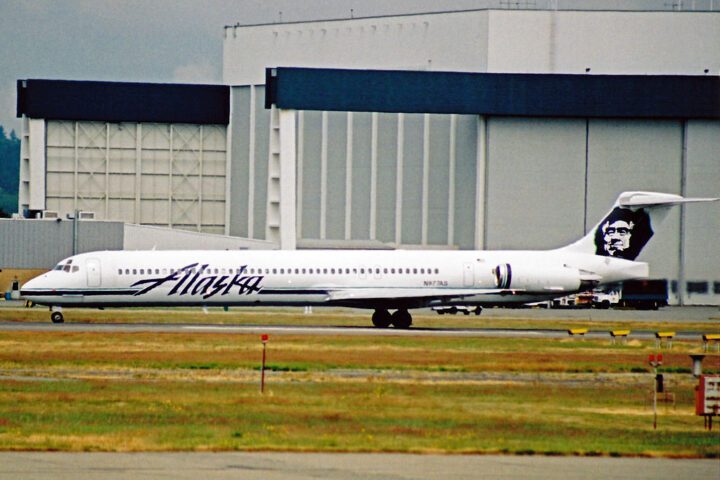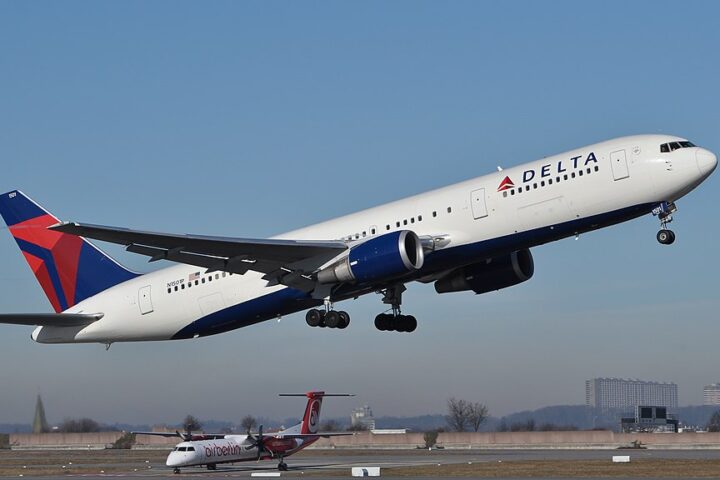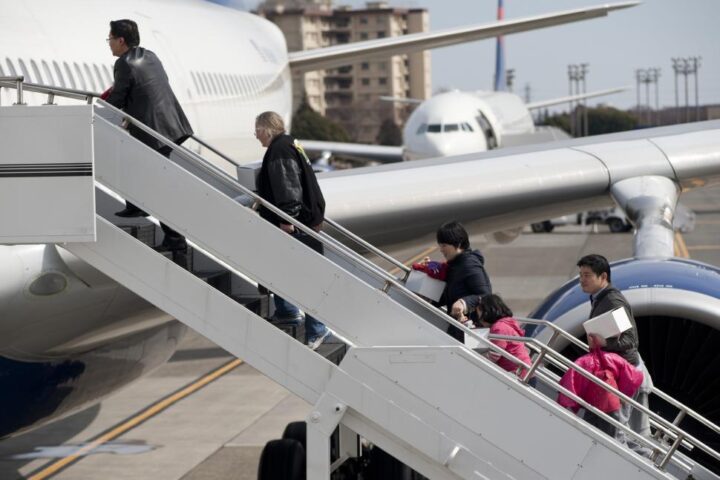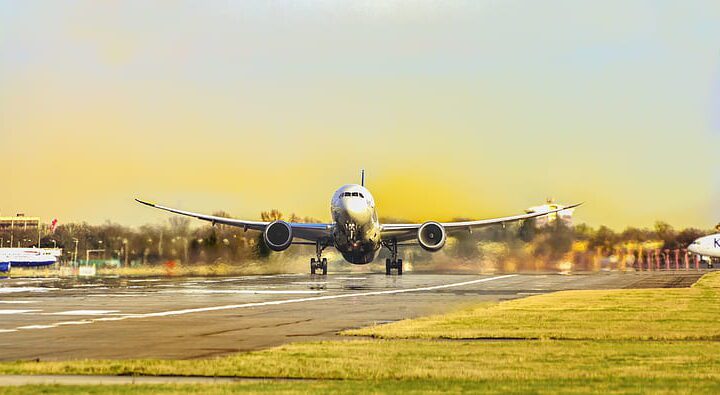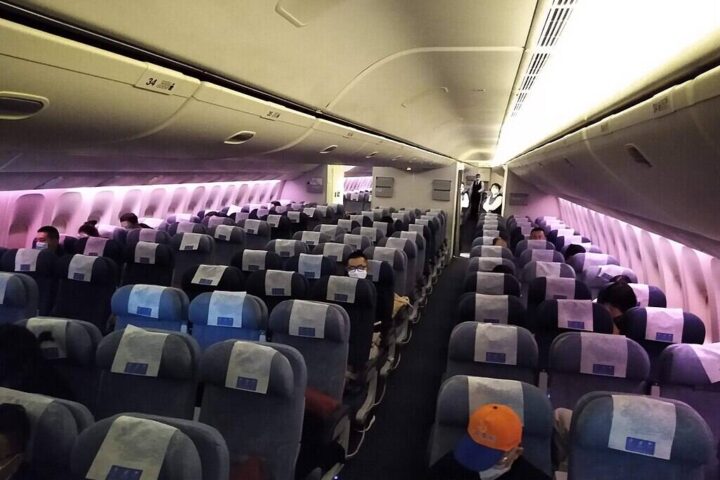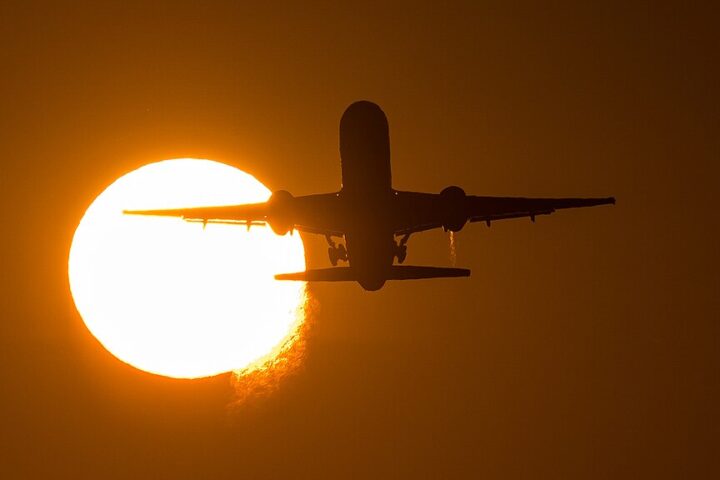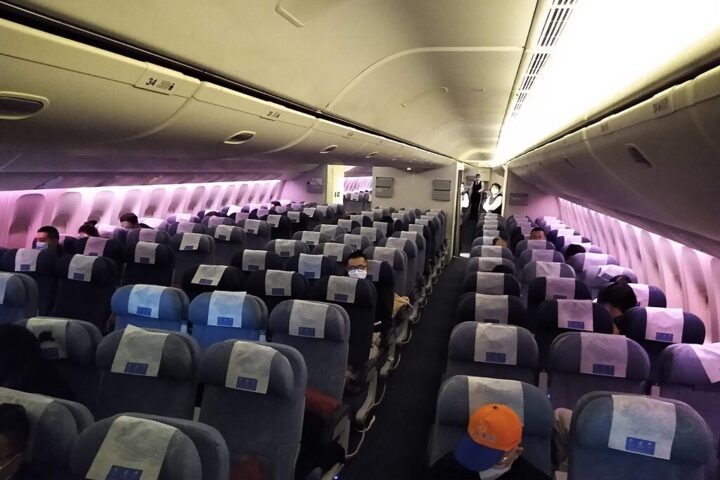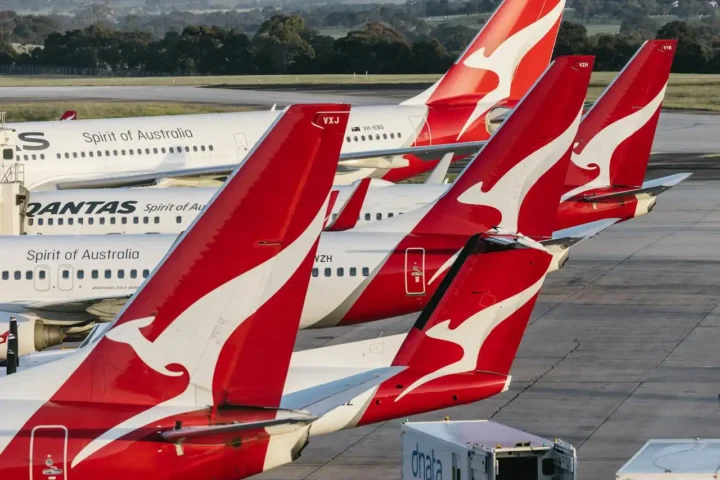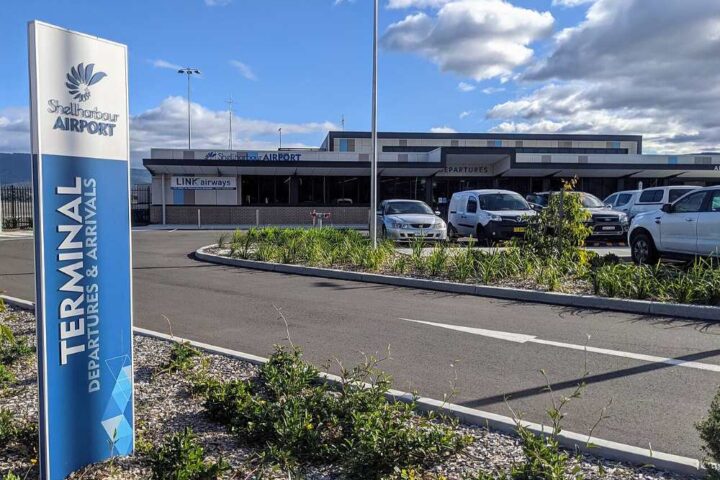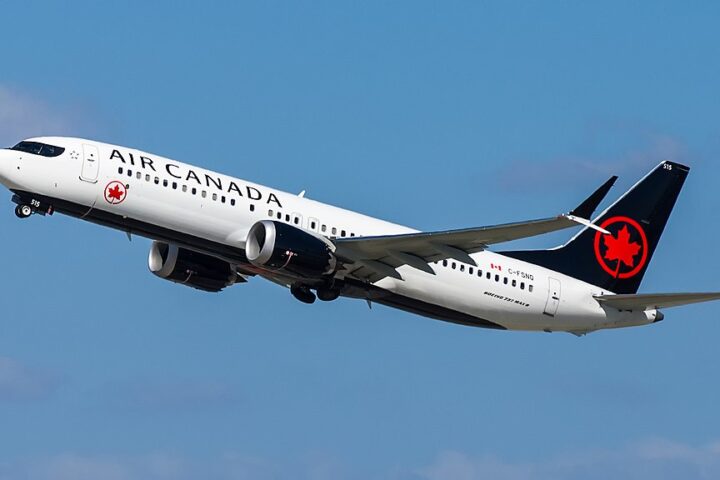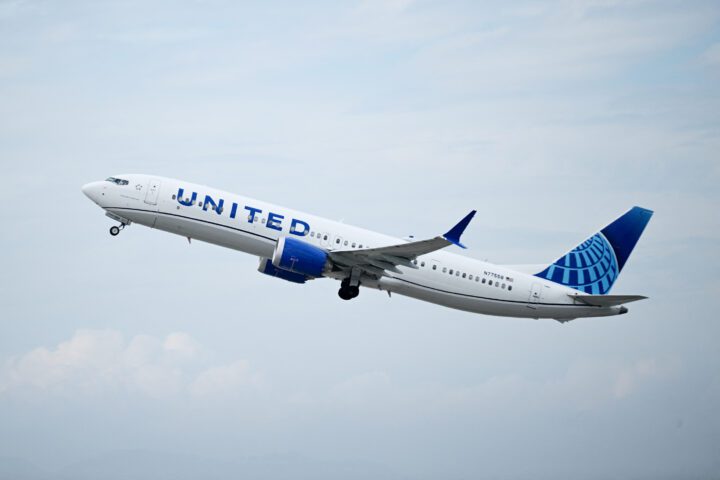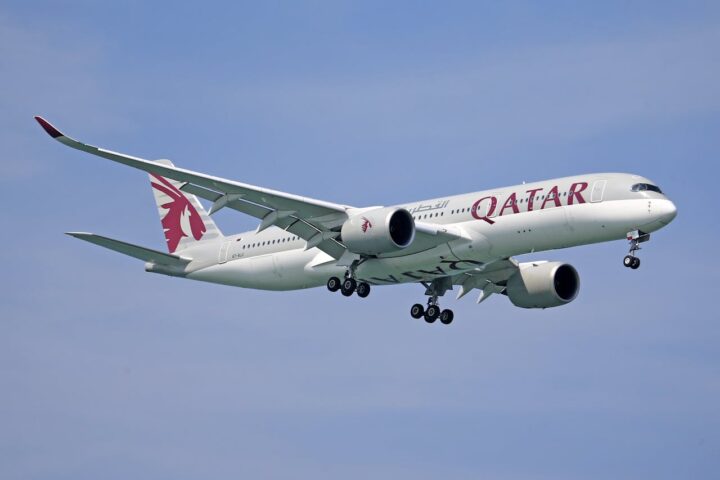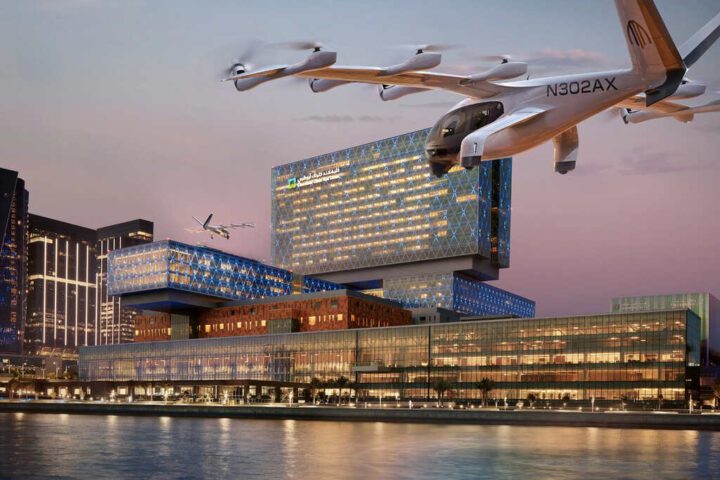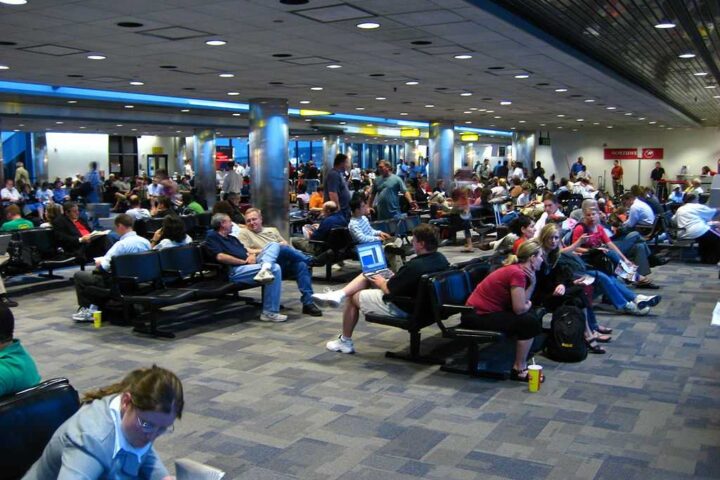A New York doctor is taking Singapore Airlines to court after being served shrimp on a flight despite warning the crew about her severe shellfish allergy. The mistake led to an emergency landing and a painful hospital stay.
Dr. Doreen Benary, a 41-year-old children’s emergency doctor from Manhattan, was flying from Frankfurt to New York on October 8, 2024, when her routine journey turned into a health crisis at 30,000 feet.
Before the flight took off, Benary told flight attendants about her dangerous shellfish allergy. Yet during meal service, a crew member handed her food containing shrimp anyway.
“Nearly immediately after ingesting a portion of said meal,” Benary “detected the presence of shrimp and began to feel ill,” according to court papers. When she questioned the flight attendant, the crew member admitted the error and said sorry.
Things quickly got worse. Benary became “violently ill,” forcing the Singapore Airlines Boeing 777 to make an unexpected landing in Paris. After touching down, she was rushed by ambulance to two different medical facilities for emergency treatment that her lawsuit describes as “painful.”
On June 17, 2025, Benary filed a lawsuit in New York claiming the airline failed to keep her safe. The case cites the Montreal Convention, which holds airlines responsible for passenger injuries. Under this treaty, compensation can reach about $214,000 based on today’s exchange rates.
Singapore Airlines hasn’t commented publicly on the case yet.
This isn’t the airline’s first run-in with allergy problems. Back in 2017, a three-year-old boy had a severe reaction when other passengers were served peanuts near him, even though his parents had warned the airline about his allergy. After that incident, Singapore Airlines stopped serving peanuts as snacks in April 2018.
The airline now offers special meals for passengers with nut allergies if they ask 48 hours before flying. However, their website clearly warns they can’t “guarantee an allergy-free environment on board” and tells passengers with allergies to “take every necessary precaution.”
Food allergies are tricky for airlines. Meals are often prepared in big kitchens handling many ingredients, making it hard to avoid cross-contamination completely. While some airlines like Japan Airlines and easyJet have banned nuts entirely, there’s no worldwide standard for handling allergens on planes.
Similar Posts
Doctors suggest allergy sufferers tell airlines about their condition ahead of time, bring their own food, clean their seating area, and always carry their EpiPens.
Right now, airlines must carry epinephrine vials but not necessarily the easier-to-use EpiPens. Many health experts want rules changed so all flights have EpiPens on board.

Lianne Mandelbaum, who runs No Nut Traveler advocacy group, says, “Airlines need clear, consistent policies that protect passengers with food allergies.”
For the millions of people with food allergies, Benary’s case highlights the serious risks they face when flying and why clear communication between passengers and airlines can be a matter of life and death.
